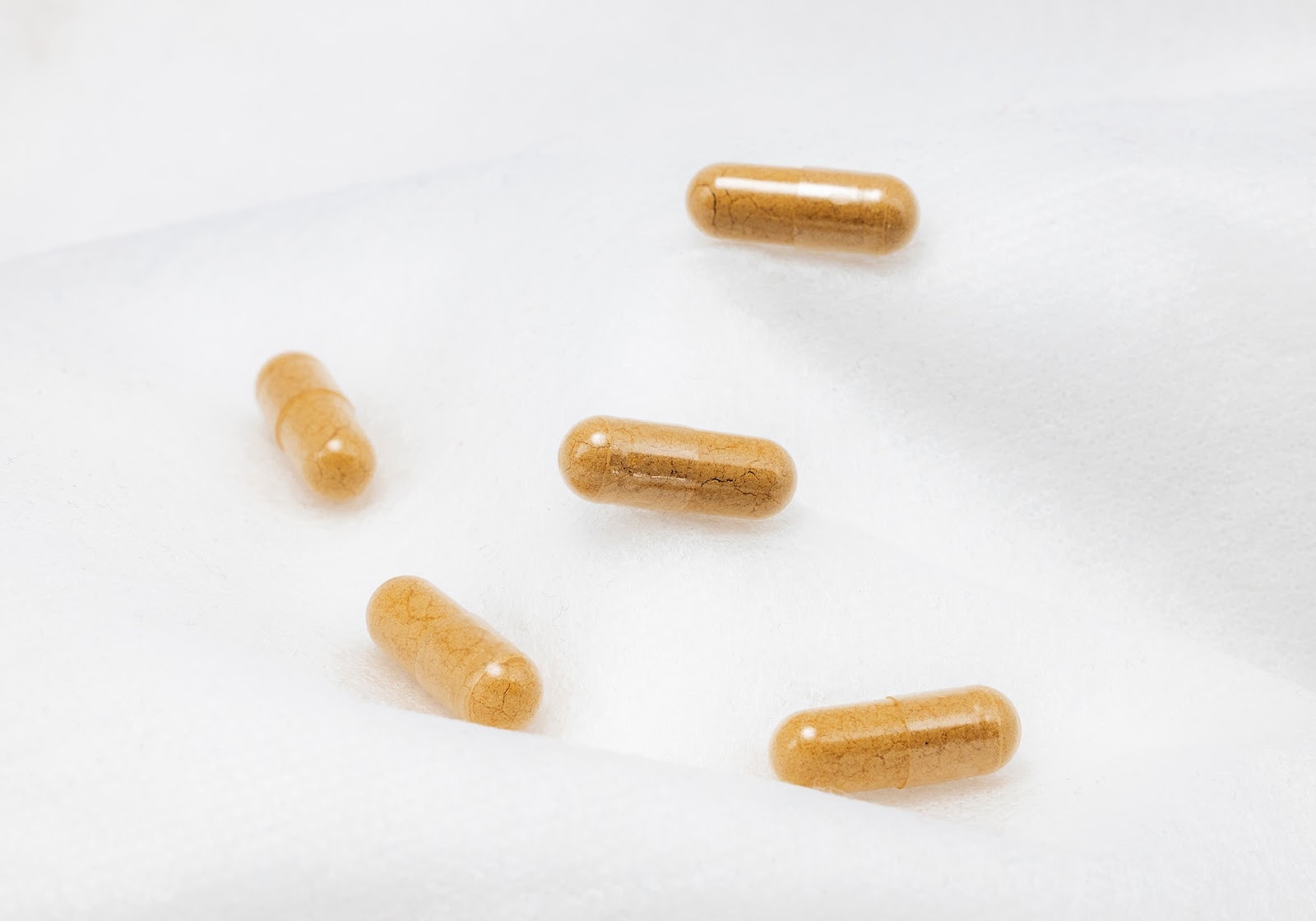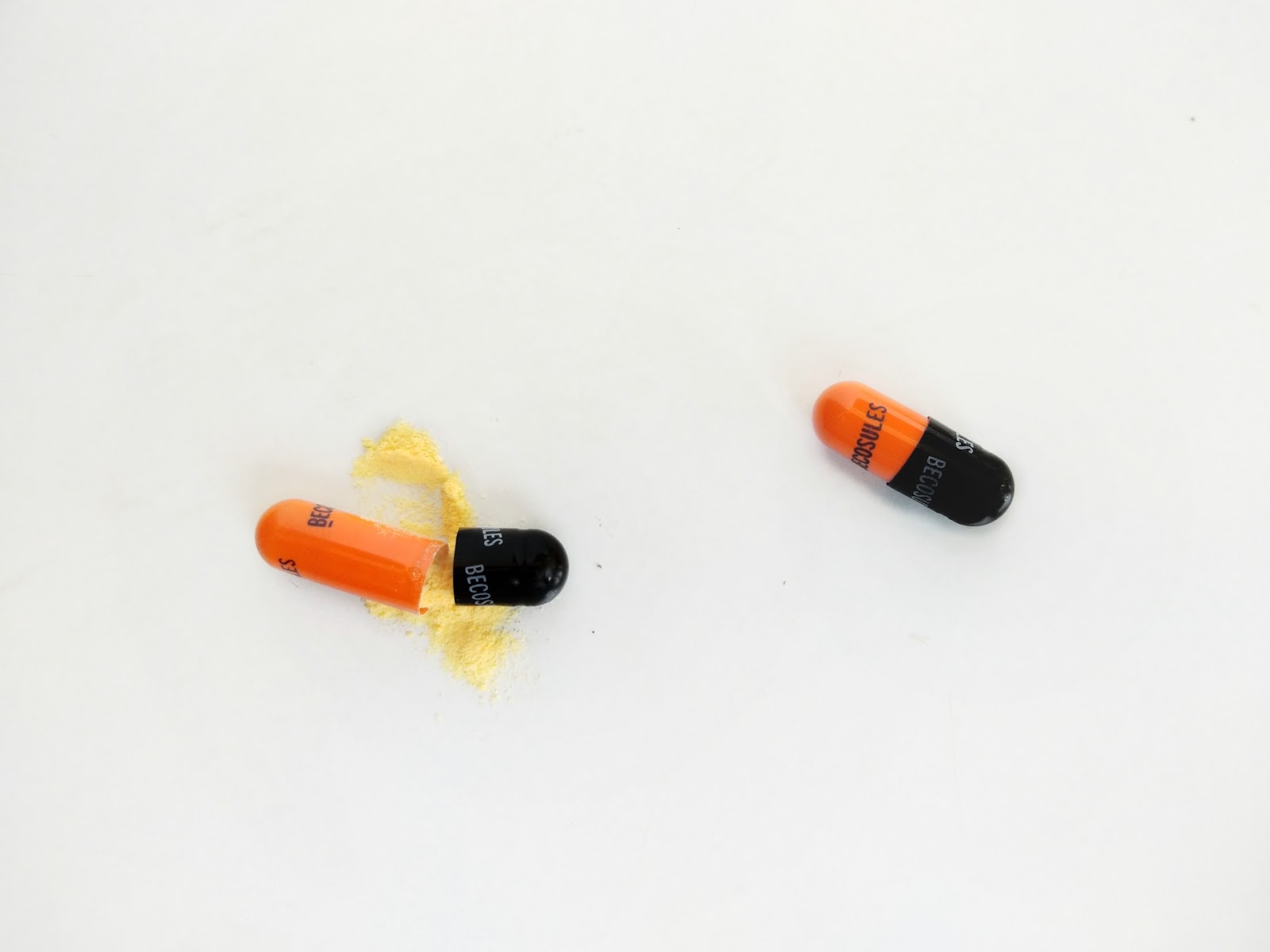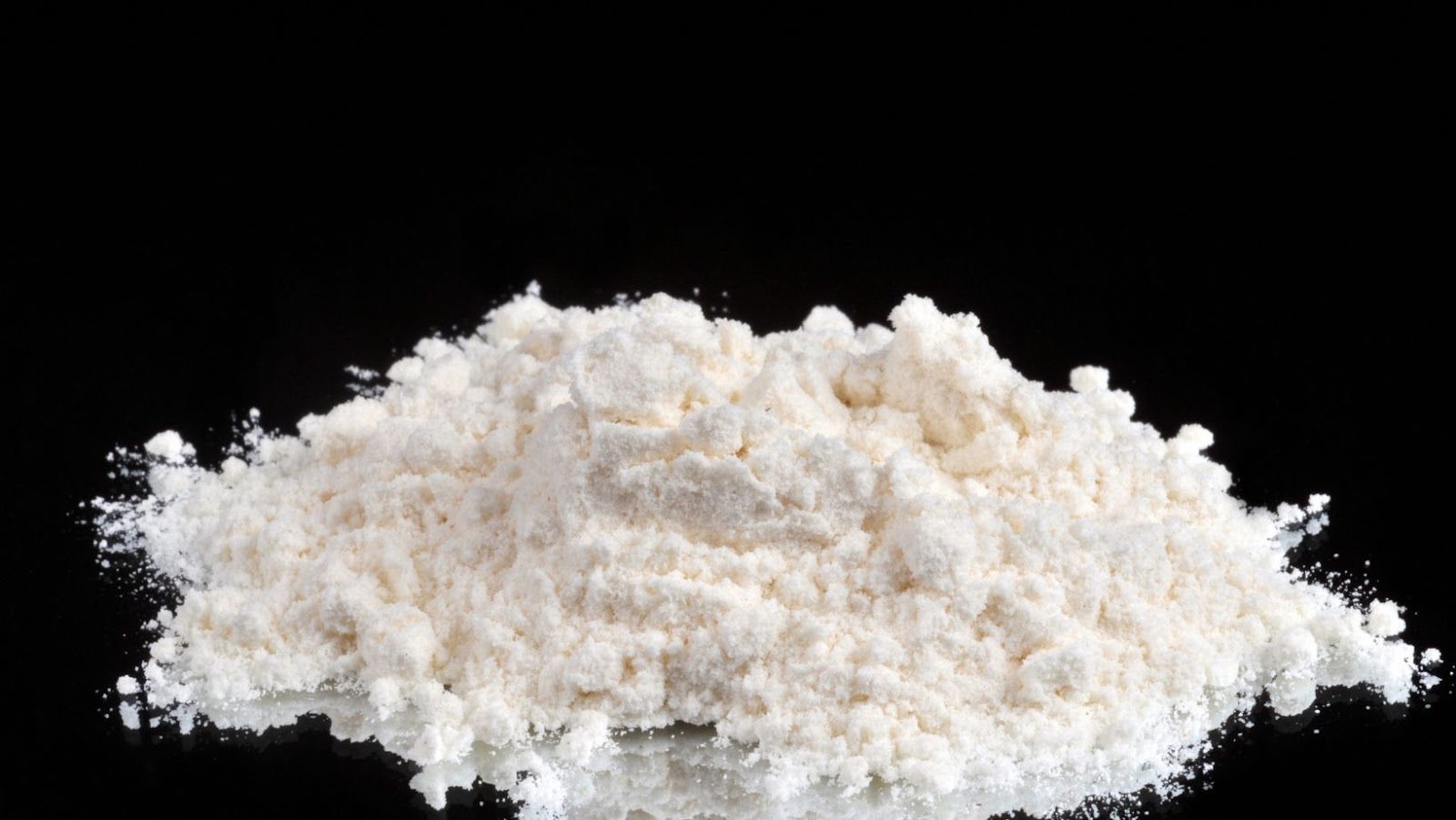If you’re looking to add muscle mass and gain strength, you may have heard that creatine is an effective supplement. But how much weight can it help you gain? You’ll find out the real impact of creatine on your strength and muscle mass here. Discover the effects of creatine on your fitness goals and learn if it’s right for you.
Introduction
Creatine is a popular supplement used by athletes and bodybuilders to boost performance, strength, and muscle mass. It is natural, safe, and effective, but the question remains, how much weight does creatine add? Creatine works by increasing the amount of ATP (adenosine triphosphate) in your body, which is the primary source of energy for your muscles. This leads to increased strength, power output, and muscle growth. While creatine does cause some water weight gain due to increased water retention in the muscles, the actual weight gain from using creatine is minimal. In fact, studies have shown that the average weight gain from taking creatine is around 1-2 pounds in the first week of use, primarily due to increased water retention.
However, over time, creatine use can lead to more significant gains in muscle mass and strength, making it a valuable supplement for anyone looking to improve their athletic performance or physique.
What is Creatine?
Creatine is a natural compound found in muscle cells that helps produce energy during high-intensity exercise. It is a popular supplement used by athletes and bodybuilders to increase muscle mass, strength, and endurance. Creatine does not add weight to your body in the form of fat or water retention. It works by increasing the amount of water and energy stored in your muscles, which can result in a slight increase in weight due to muscle growth. However, the amount of weight gained from creatine use varies from person to person and depends on factors such as genetics, diet, and exercise routine.
Experts suggest that on average, creatine supplementation can result in a weight gain of around 2-4 pounds during the first few weeks of use. This weight gain is mostly due to an increase in muscle mass, which can lead to improved body composition and athletic performance.
Benefits of Creatine
Creatine is a popular supplement among athletes and bodybuilders looking to boost their performance and muscle mass. The supplement can help you in various ways:
| Increased muscle strength | Improves high-intensity exercise performance | Helps with muscle growth | Enhances recovery |
| Creatine can increase muscle strength and power, allowing you to lift heavier weights and do more reps during your workout sessions. | Creatine helps in the production of adenosine triphosphate (ATP), a molecule that provides energy to your muscles during high-intensity exercise, thus improving your performance. | Creatine can stimulate muscle protein synthesis, leading to an increase in muscle mass over time. | Creatine can also help you recover faster between workouts and training sessions. |
Creatine does not directly add weight to your body. However, by increasing muscle mass, it may result in a slight increase in body weight due to water retention. On average, it is estimated that creatine can cause an increase of 1 to 3 pounds of body weight. However, this is a temporary effect that will subside once you stop taking the supplement.
Pro tip: If you’re considering taking creatine as a supplement, it’s essential to research and consult with a healthcare professional to determine the appropriate dosage and ensure it suits your overall health and fitness goals.

How Does Creatine Work?
Creatine is a popular dietary supplement used by athletes and fitness enthusiasts to enhance their physical performance and build lean muscle mass. Creatine works by increasing the level of creatine phosphate in the muscles, which helps to produce more ATP (adenosine triphosphate) – the primary source of energy for muscle contractions. This, in turn, leads to increased strength, power, and endurance during high-intensity workouts.
Many people are concerned about how much weight they will gain from taking creatine. While some initial weight gain is possible due to water retention in the muscles, this is usually temporary and levels out over time. A typical creatine dose ranges from 3 to 5 grams per day, depending on body weight and muscle mass. It’s important to stay well-hydrated while taking creatine to reduce the risk of side effects.
| Creatine Pro tip – Consult with your healthcare provider before taking any supplements or making significant changes to your diet or workout routine. |
Types of Creatine
Creatine is a popular supplement used by bodybuilders, athletes, and fitness enthusiasts to enhance their performance during workouts. There are five main types of creatine available in the market- Creatine Monohydrate, Creatine Hydrochloride, Creatine Nitrate, Creatine Ethyl Ester, and Buffered Creatine.
| Type of Creatine | Description |
| Creatine Monohydrate | It is known for its high effectiveness and convenience of use. |
| Creatine Hydrochloride | It is also useful for those who have experienced stomach discomfort with other forms of creatine. |
| Creatine Nitrate | It is ideal for those whose primary goal is to build muscle mass or perform high-intensity workouts. |
| Creatine Ethyl Ester | It is useful for those who want to increase muscle mass and improve their workout performance. |
| Buffered Creatine | It is useful for those who want to avoid the bloating and water retention that can sometimes occur with other forms of creatine. |
Pro-tip: Creatine doesn’t actually add weight to the body; it helps to draw water into the muscles, which can make them appear fuller and more voluminous. It is important to note that how much weight you gain from taking creatine can vary depending on factors like diet, exercise, and dosage.
How Much Weight Does Creatine Add
Creatine is a popular supplement that can help build muscle mass and improve athletic performance. When starting a creatine regimen, it is normal to experience a temporary weight gain due to increased water retention in the muscles.
On average, individuals taking creatine can expect to gain between 2-6 pounds within the first week of use. This weight gain is made up of water weight as the muscles absorb and store more water due to creatine supplementation. It is important to note that this weight gain is temporary and will go away if you stop taking creatine. Additionally, the amount of weight gained can vary depending on factors such as dosage, individual body chemistry, and exercise routine.
Although creatine does cause water weight gain, it is a safe and effective supplement for most people looking to improve their athletic performance and build muscle mass.

Side Effects of Creatine
Creatine is known to be an effective supplement for increasing muscle size, strength, and endurance. However, it is also associated with several side effects that users need to be aware of.
Some of the side effects of creatine supplementation include:
| 1) Weight gain: | Creatine supplementation can cause an increase in water retention, leading to weight gain. This typically ranges from 1-3 kg (2-7 lbs.) within the first week of use. |
| 2) Gastrointestinal distress: | Some users may experience bloating, stomach cramps, or diarrhea when taking creatine supplements. |
| 3) Kidney damage: | Prolonged and excessive use of creatine can lead to kidney damage, which is more likely to occur in people with pre-existing kidney problems. |
It’s important to note that most of these side effects can be avoided by sticking to the recommended dosage and staying properly hydrated. As for weight gain, the majority of it is due to water retention, and not actual muscle gain.
In conclusion, while creatine may add some weight to your body, it is essential to understand that the weight gain is not fat but rather increased muscle mass and water retention. The average weight gain from the use of creatine may range from 1 to 4 pounds in the first week of usage, depending on the individual’s body weight, muscle mass, and dosing method.
However, it is crucial to note that the effects may vary from person to person, with some individuals experiencing little to no change in body weight. Therefore, it is advisable to follow the recommended dosing guidelines, stay hydrated, and pair creatine supplementation with a regular exercise routine for maximum benefits.
Lastly, it is essential to consult a qualified healthcare provider before beginning any supplement regimen to ensure your safety and to avoid any potential adverse effects.

